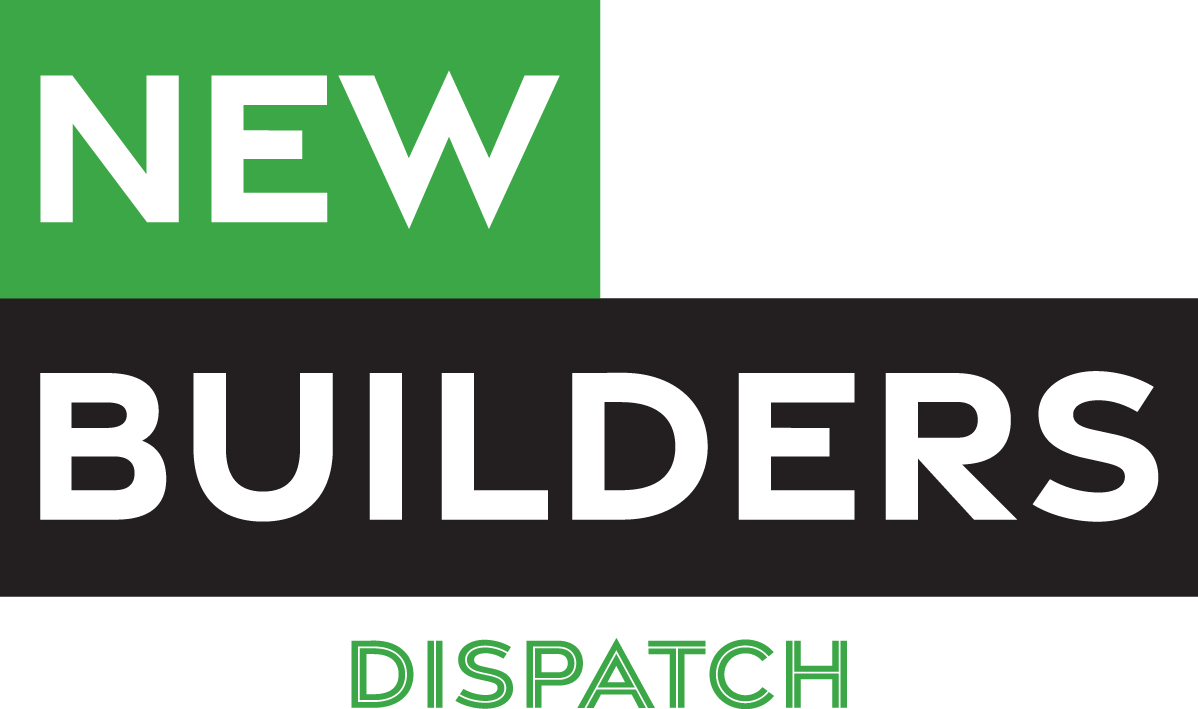
A year into the pandemic, the burnout was taking a toll on Wonderlic’s employees. Staff at the company, which develops pre-hiring assessments and tools for businesses, was no longer motivated, according to its CEO, Becca Callahan.
Employees who are parents and caregivers especially struggled – whether it was because kids were home doing school remotely or elderly family members were at higher risk of contracting the virus. More was on employees’ plates, and the load was affecting their productivity.
So the executives at the Vernon Hills, Illinois-based company made a radical decision: They’d switch to a four-day-workweek at the privately held 80-employee firm.
Since the change went into effect in October, Callahan says, productivity is up, and sales have increased. Employees work 32-hours a week for the same pay as before. Most employees work Monday through Thursday, and customer-focused employees work on a rotating schedule so someone can always be online on Fridays.
“Our philosophy was not that we needed to try to squeeze more hours out of the single day, because there’s really not a lot of evidence to show that that produces any more productivity— that really burns people out even more,” Callahan said. “So it’s really just about helping people use their time really, really well.”
Wonderlic is one of the growing number of companies to institute a shortened working schedule. San Francisco-based Bolt and Seattle-based Volt Athletics are among some of the companies who have. Last month, the United Kingdom announced a trial of the schedule to launch in June. At least 30 companies have already committed, according to Bloomberg News.
Three-Month Trial
Executives at the Vernon Hills, Illinois-based company tried to institute a culture that prioritized a good work-life balance first, Callahan said, But it wasn’t working. “People were not getting caught up, people were still just feeling very tired, very burnt out, and just generally not recouping energy,” she said.
Executives decided to try a three-month trial, first.
The new schedule forced managers and employees to reevaluate their schedule. How could they best use their time to get work done? Like many companies, Wonderlic went fully remote when the pandemic started. Before then, the company was almost fully remote, Callahan said.
The three-month trial was key, Callahan said. During it, the company could work out any kinks and make sure that service and sales wouldn’t be harmed. It also gave employees a needed break with an end-date in mind in case things went south.
Before the pilot, Callahan and other executives spent some time thinking through how the schedule would affect customer service and sales. If it was almost guaranteed it would, then the schedule wouldn’t make sense for business purposes.
They also had many conversations with managers, where they asked questions around efficiency. They wanted to find if every meeting was leading to a decision and if there was a simpler way to make decisions. Was it necessary for six people to be in a meeting when the same end goal could be attained with three people? Could some decisions be made over e-mail or messaging instead of an entire meeting? Un many cases, they found, meetings could be trimmed or canceled altogether.
The Key Differences
Something Callahan learned through the process is the importance of outcomes: Getting leaders and managers to focus on outcomes in motivating their team and measuring productivity was key. “I think there are some organizations where there are some really superficial productivity things that are tracked, like the amount of screen time that someone has, or the number of clicks or number of keystrokes,” she said.
But the key to making the change successful was that the employees wanted to make it so.
Unlike a software change or other tedious company-wide change, employees were excited to take this one on, Callahan said. “Everybody was very, very happy to really jump at the opportunity to reduce the amount of meeting time, make decision-making processes more efficient, and really push people to be really judicious about the way that they’re using their own and other people’s time,” Callahan said.

